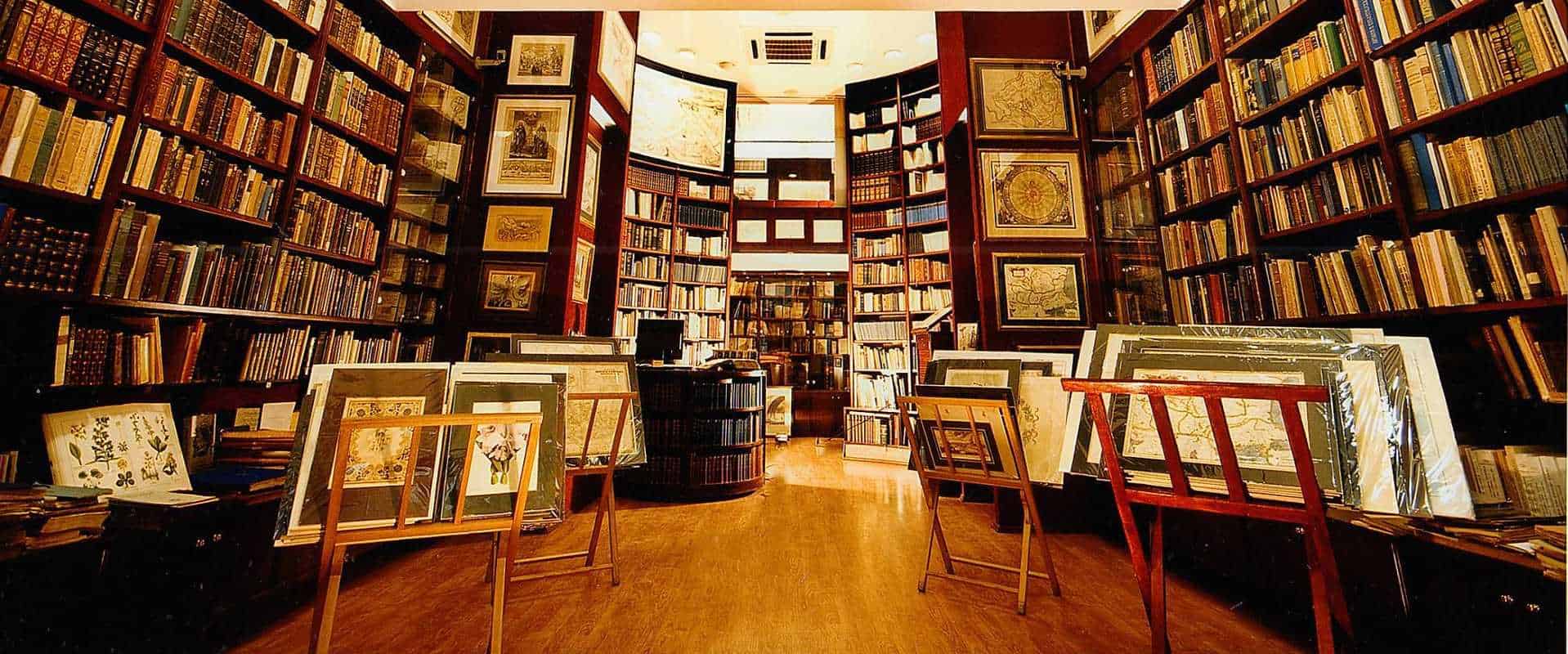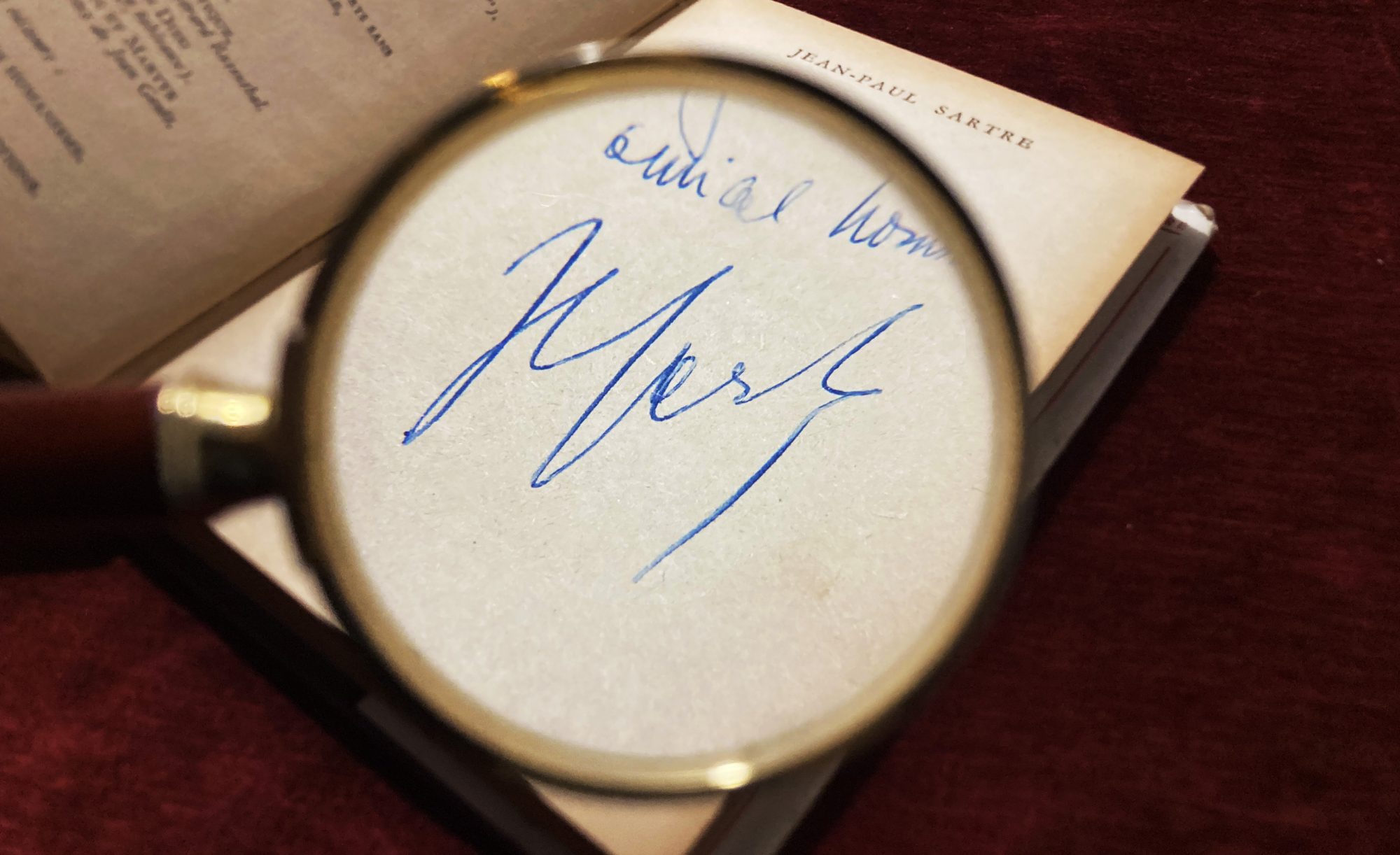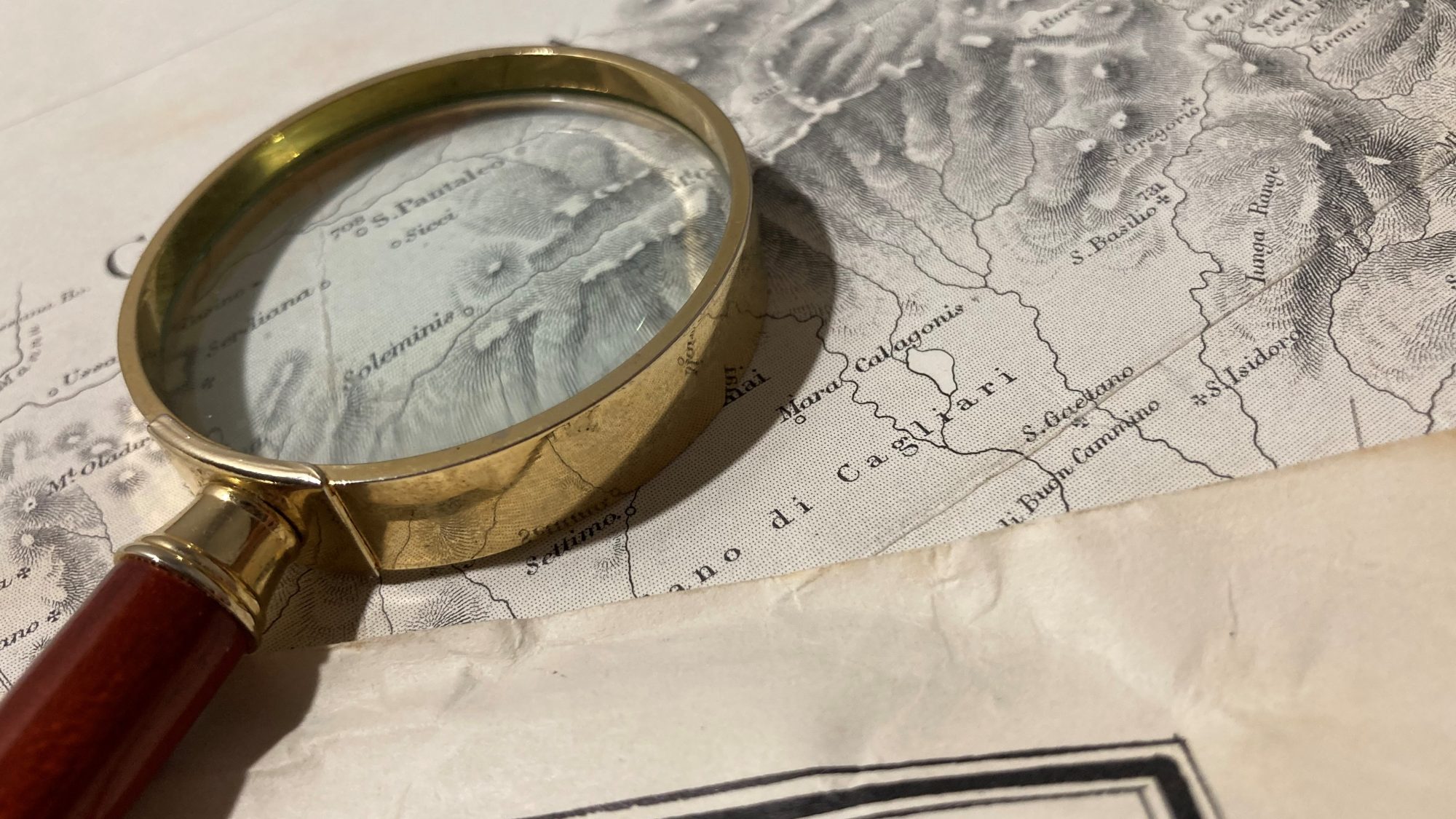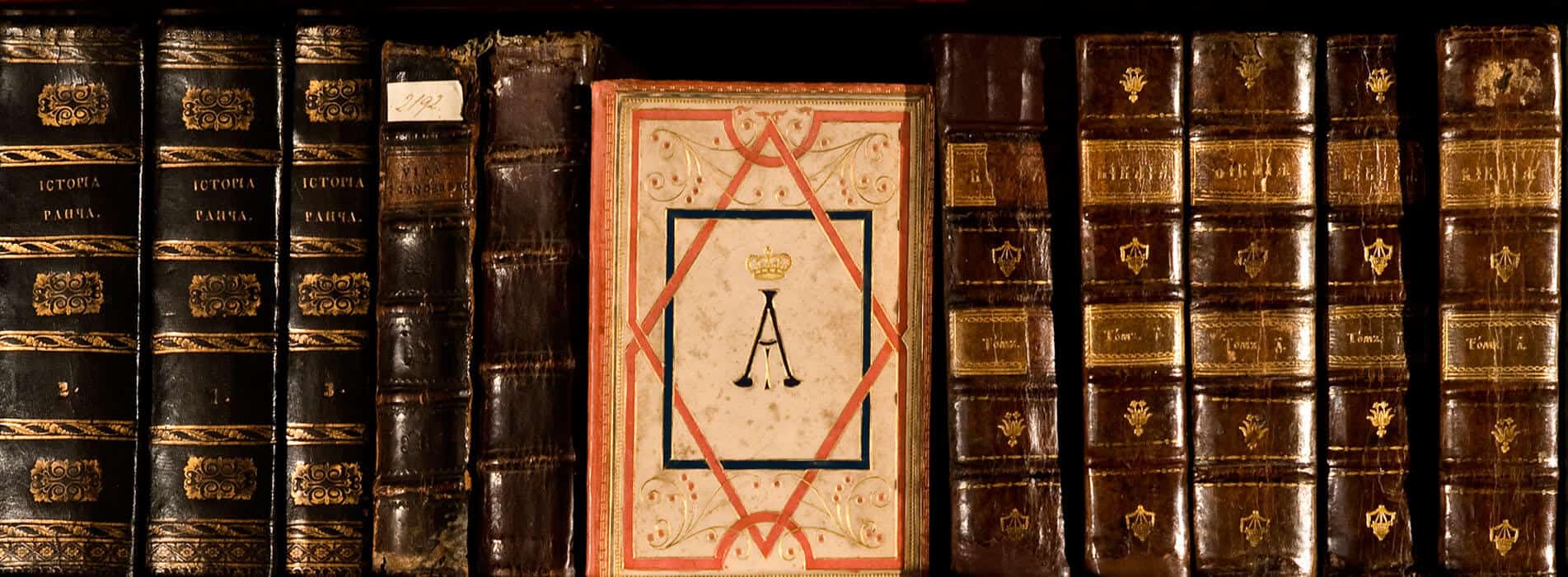
Blog
Bookselling: A Word on the Best Job in the World
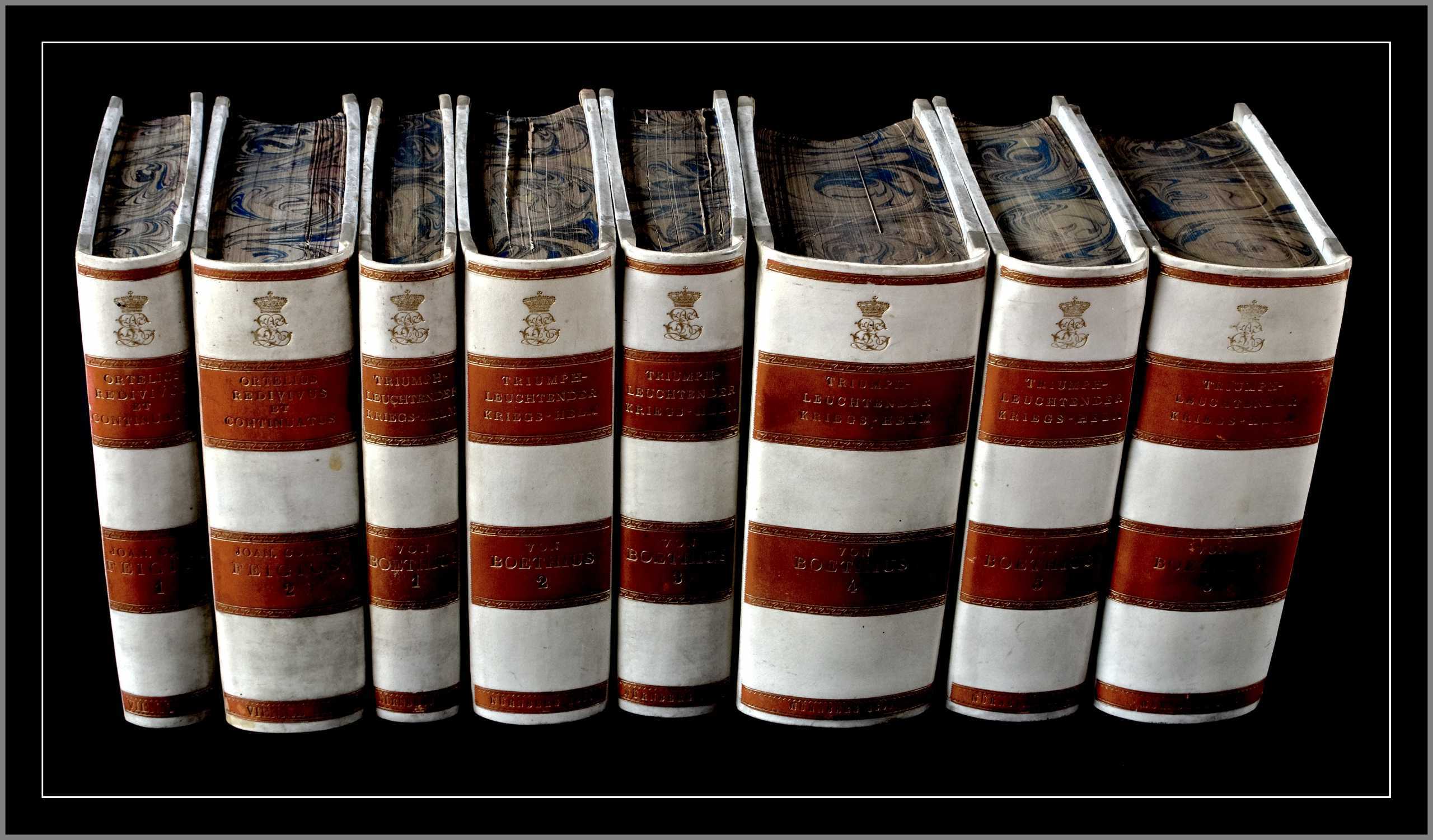
Bookselling – A Word on the Best Job in the World
Bookselling may seem like a dream job in a movie, but what really goes on behind the counter? Let’s delve into the lesser-known aspects of the fine art of bookselling. I started my journey with books at a young age—19, to be precise. My father, one of the most prominent booksellers on the Balkan peninsula, passed down not just the trade but also his passion for books.
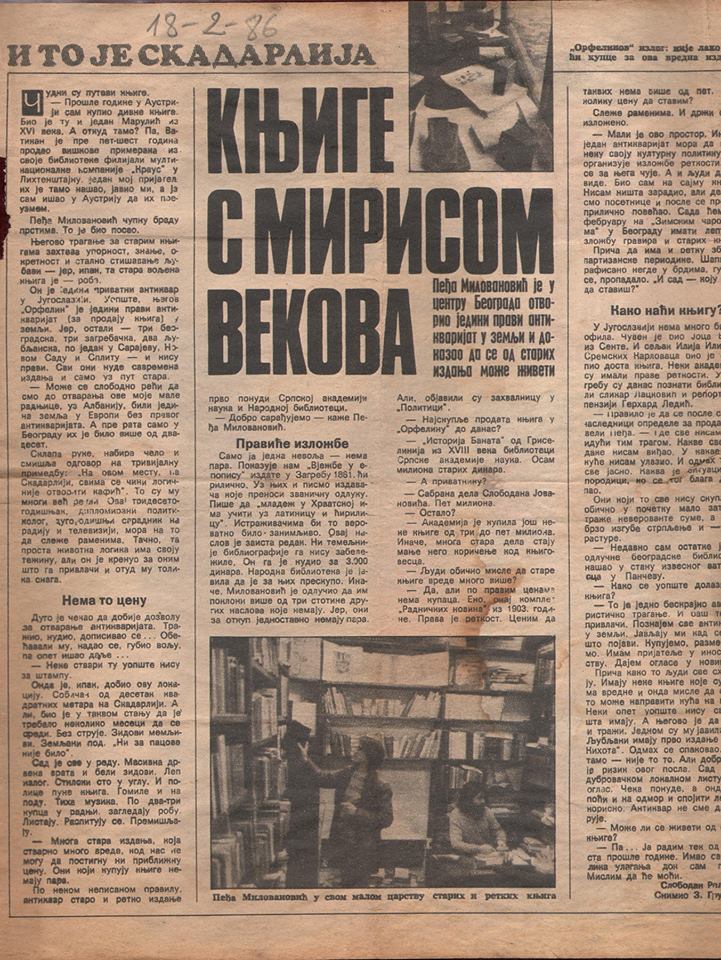
Bookselling in the ’80s was considered by many the golden age of the trait. In the picture is shown an article about the first private antique bookstore in Yugoslavia, Antikvarijat Orfelin in Belgrade.
Growing up, I was surrounded by books of different eras and subjects. During my early adolescence, I didn’t pay much attention to them. However, as I matured, I began to grasp the cultural value books hold. Collecting books is unlike collecting stamps, engravings, or ephemera. It requires something more. Some people start collecting due to their love for history, literature, philosophy (like myself), or their desire to preserve their cultural heritage. Others are simply compulsive collectors. Don’t get me wrong, any reason to start collecting is valid. But being a true collector of books entails something more.
How It All Began…
Initially, when my father introduced me to books, I struggled to understand his passion. It felt like a trade-oriented job. But as I immersed myself in the business, I realized that the “selling” part of “bookselling” is secondary to the essence of the book itself. To sell a book, you must know about it—not just for pricing purposes but also its historical context. I was amazed by the extensive knowledge possessed by the buyers who frequented our shop.
My father could engage in hour-long conversations with each client, matching or surpassing their expertise in their field of interest.
At first, I was thinking: well, he is in the book trade for more than 30 years, of course, he would be as knowledgeable. However, soon I realized that knowledge didn’t come out of thin air and it was actually a product of thorough research. I didn’t have a clue that Gray’s Anatomy was one of the most influential books in the field of medicine, nor did I know that the Jesuit order had almost a million converted in China in the 18th century, or that Konstantin Tsiolkovsky was the father of rocket science. The Black Wave film movement? Never heard of it.
Prior to my foray into bookselling, I had no inkling about these subjects (and many more). I believed my academic education in philosophy provided me with a comprehensive general knowledge. Studies equipped me to discuss ancient Greek drama, Machiavelli’s statesmanship, infinitesimal calculus, Early Christian Gnosticism, Turing tests, evolution theory, poetry, and various other topics. I thought I had it all covered. However, it was only through my job that I began to research and learn about these subjects, which expanded my overall knowledge. To this day, I am excited to discover what I will learn next and what awaits me.
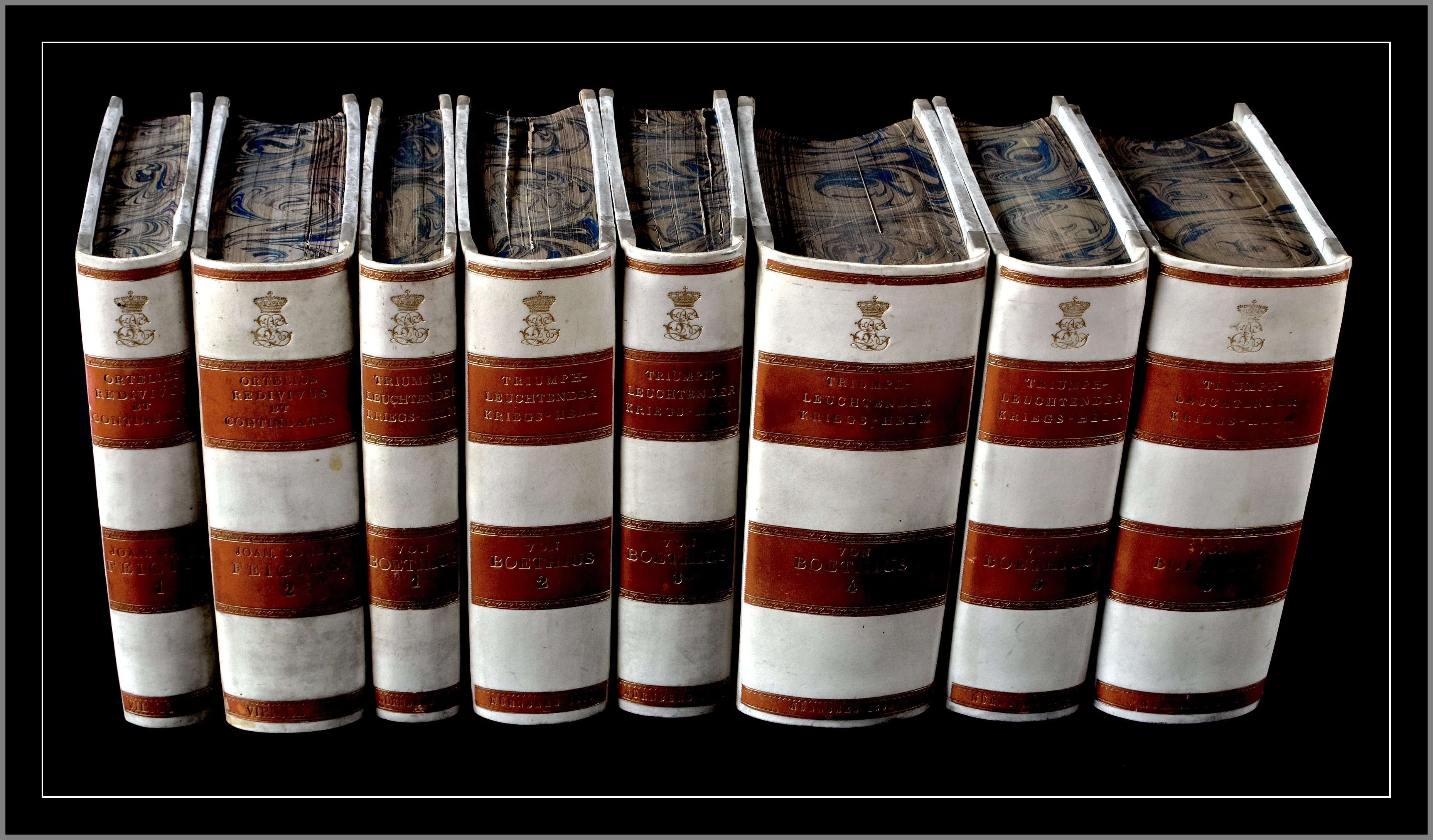
A complete Ruhm-Belorberter, Triumph Leuchtender Kriegs Helms by Christopf Boetius. Nurnberg, 1688.
The Other Side of the Counter
Now, let’s talk about the book lovers on the other side of the counter. Almost everyone who visits the shop and seeks a particular book is usually more knowledgeable about the topic than I am, which initially intimidated me. Over the years, I learned not to be ashamed of what I didn’t know and to embrace the opportunity to learn as much as I could about various subjects.
It continues to surprise me how much the people who seek books know about their respective interests. To be a true book lover, one must possess knowledge and a sense of responsibility. If you acquire a rare first edition of Hegel’s Science of Logic, for instance, you will not only familiarize yourself with the book inside and out but also delve into its historical context, the author’s relationships with other contemporary writers, and the differences between the first and second editions, and so on.
Being a book lover requires vast knowledge and genuine passion. A bookseller understands this better than buyers can imagine. In addition to being involved in the sale of cultural and historical artifacts, bookselling also entails a deep understanding of the buyer.

Best Job In The World
So, in short, why do I consider bookselling the best job in the world?
First and foremost, it offers the opportunity to learn something new every day. Researching books is no easy task—it involves sifting through countless pages of reference books and online articles, especially when you’re unfamiliar with the subject matter. Yet, this challenge is half the satisfaction. The process of gathering knowledge is a fulfilling aspect of the job.
As a bookseller, one assumes the role of a custodian. When I acquire a book from someone who fails to appreciate its value and regards it merely as “inventory” or “merchandise,” it becomes my responsibility. I strive to find each book a new home, understanding that they are only passing through my possession. It is a privilege to get to know them before they embark on their journey to their next destination. I feel immense joy knowing that they will end up in the hands of someone who genuinely cares. With each exchange, the books find their rightful place, where their historical significance is fully appreciated.
This sense of fulfillment brings me happiness, and I believe it is a sentiment shared by many other booksellers. It is a remarkable feeling to witness a piece of history find its perfect fit, connecting with individuals who share the same care and passion as the bookseller. Such moments are a privilege experienced by only a few.
If you are interested, you can explore our collection here!


